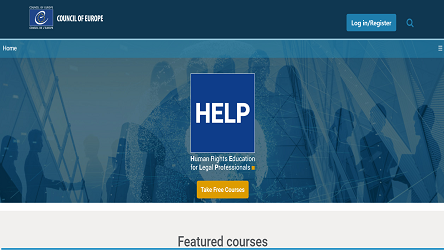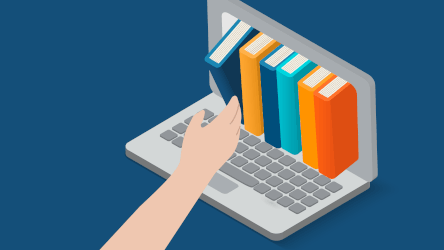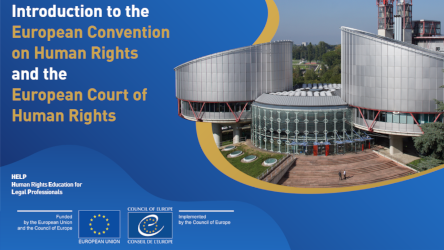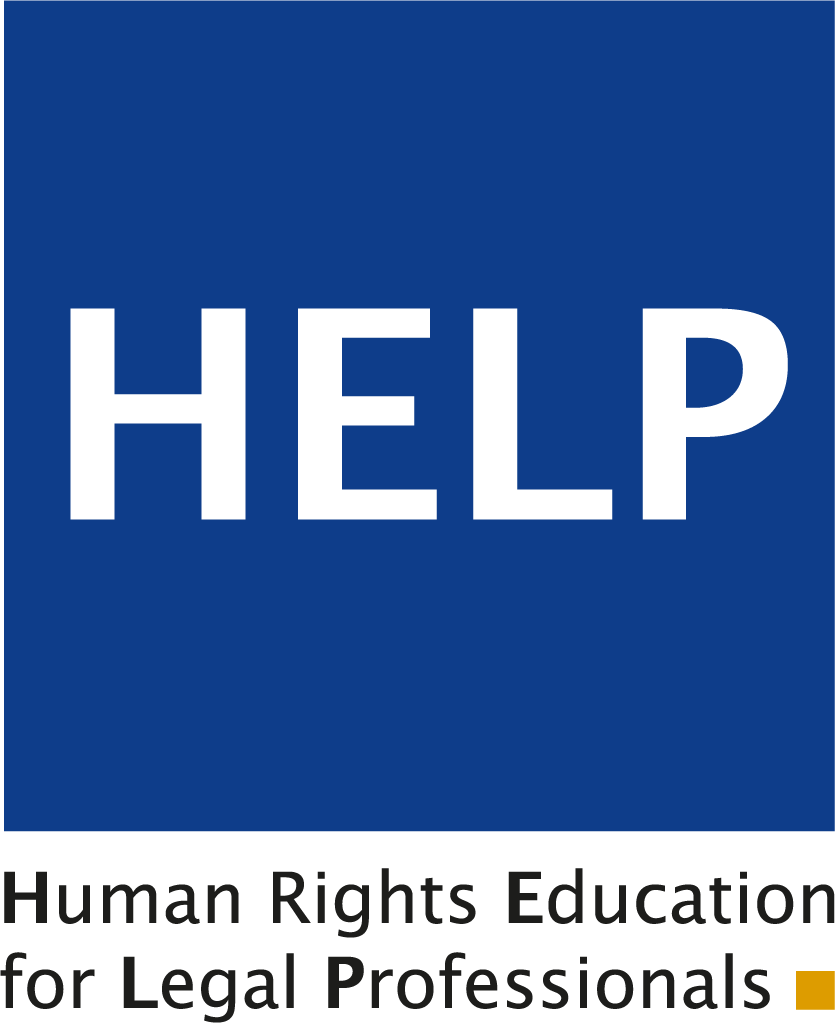The Council of Europe HELP Programme continues its support for the Moldovan National Bar Training Centre by increasing the knowledge and skills of lawyers on European human rights standards.
On the 24th February the Moldovan version of the HELP online course Access to Justice for Women was launched for a group of 49 lawyers thanks to UK support.
The online launching event was opened by William Massolin, Head of the Council of Europe Office in Chișinău, alongside Vladimir Palamarcuic, HELP Info Point for Moldova and HELP Consultative Board member.
Douglas Maxwell, Project Manager, HELP Programme, presented the Council of Europe HELP Programme and its impact in the Republic of Moldova. The course participants also benefitted from a detailed overview of the relevant work of the Council of Europe in respect of the Republic of Moldova and the Eastern Partnership Countries on the topics of Access to Justice to Women and Violence against Women and Domestic Violence delivered by Sandra Veloy-Mateu, Project Manager, Gender Equality Division, Council of Europe.
The course will be tutored by HELP national tutors Tatiana Danilescu and Vadim Vieru who will assist the participating lawyers in the implementation of the course.
Following the completion of the course, the participants are expected to benefit from increased knowledge of standards and practices and bring changes of perception through understanding the legal and other barriers in accessing justice and applying a gender-sensitive lens in their daily work.
The Access to Justice for Women course was originally developed with EU funding under the Partnership for Good Governance (PGG) project “Strengthening access to justice for women victims of violence (2015-2018)”. It is now being launched for lawyers with the Bar training Centre, following the successful launch in 2021 for Moldovan legal professionals with the National Institute of Justice under the current EU-CoE joint Partnership for Good Governance II project “Women’s Access to Justice : delivering on the Istanbul Convention and other European gender equality standards”, funded by the European Union and the Council of Europe and implemented by the Council of Europe.
The course will be implemented until the end of March 2022. Successful participants will be certified jointly by the Council of Europe and the respective national partner institution.
This activity was organised under the project “HELP implementing the ECHR in Eastern Partnership countries”, funded by the United Kingdom and implemented by the Council of Europe. It will be followed by a series of HELP course launches in Armenia, Azerbaijan, Georgia and the Republic of Moldova.
The course can be also taken as self-learning in the HELP e-learning platform at https://help.elearning.ext.coe.int/








